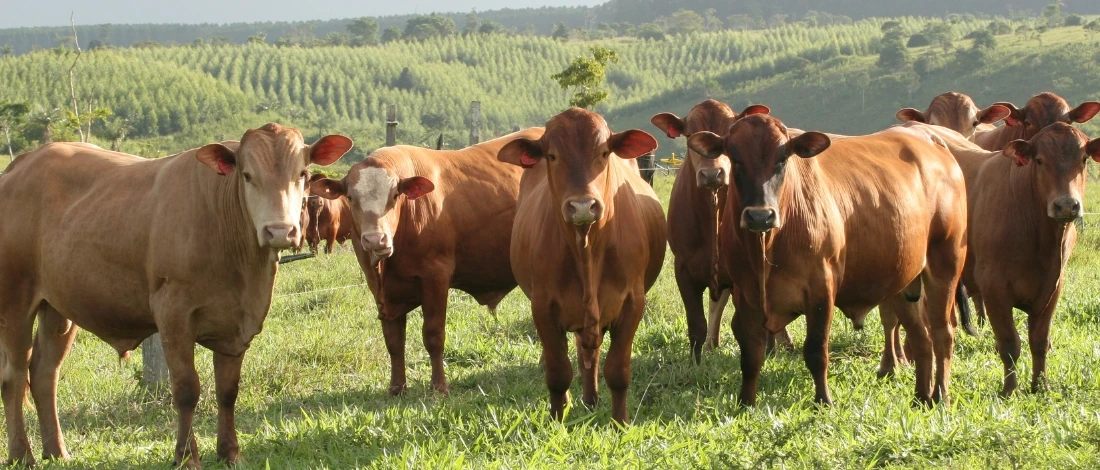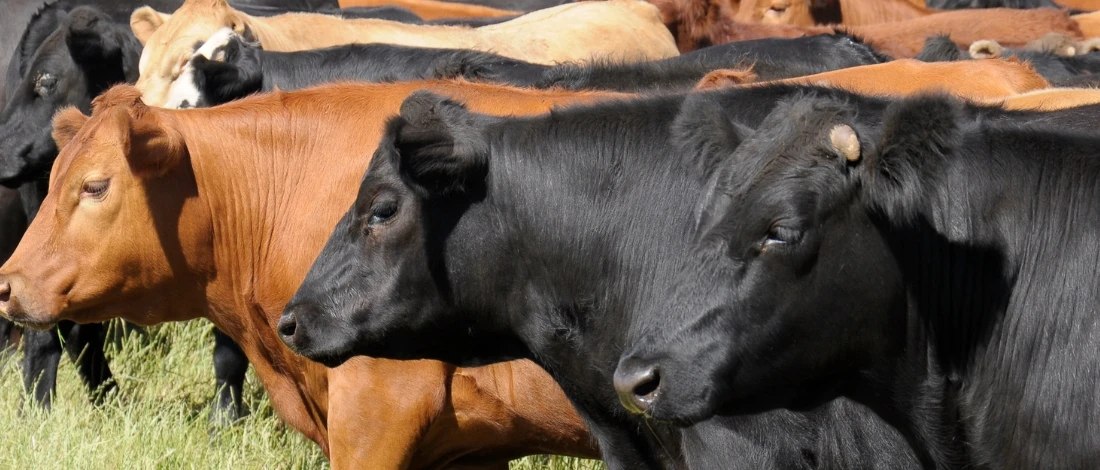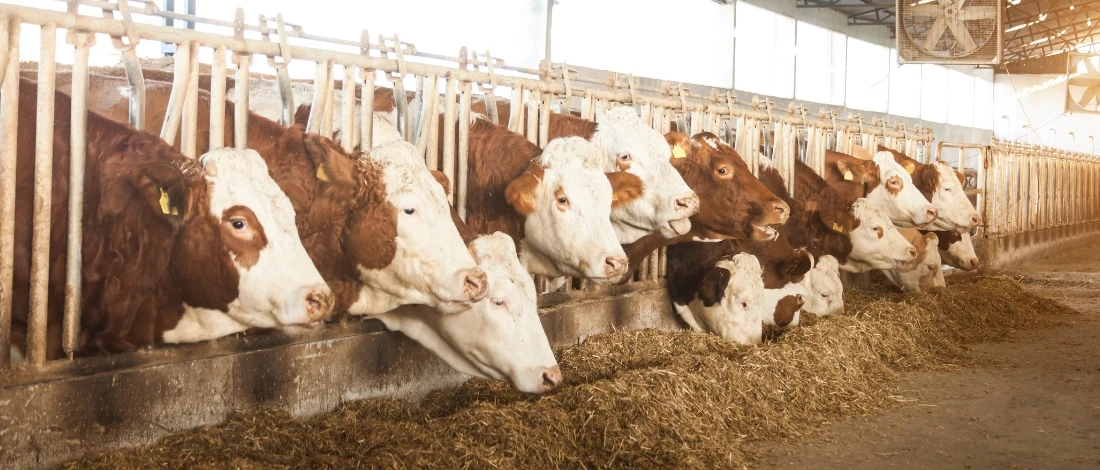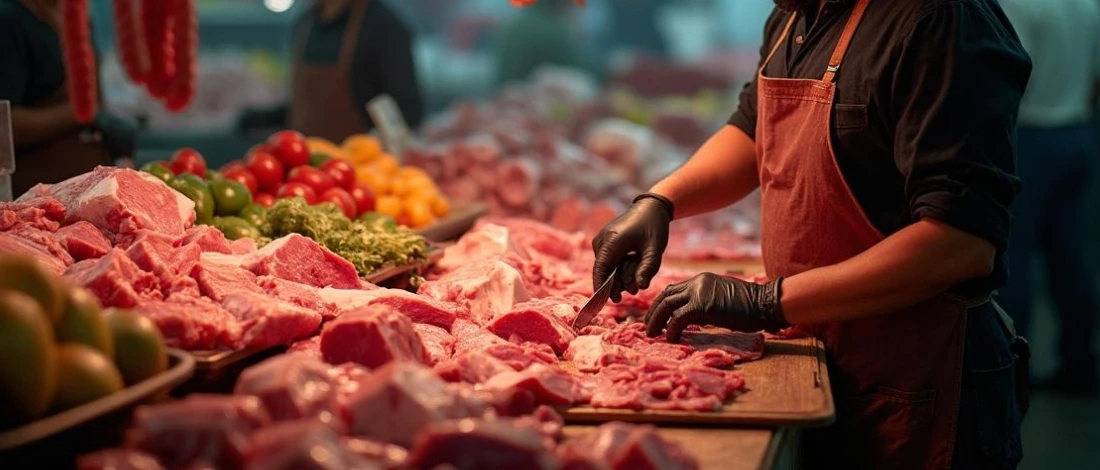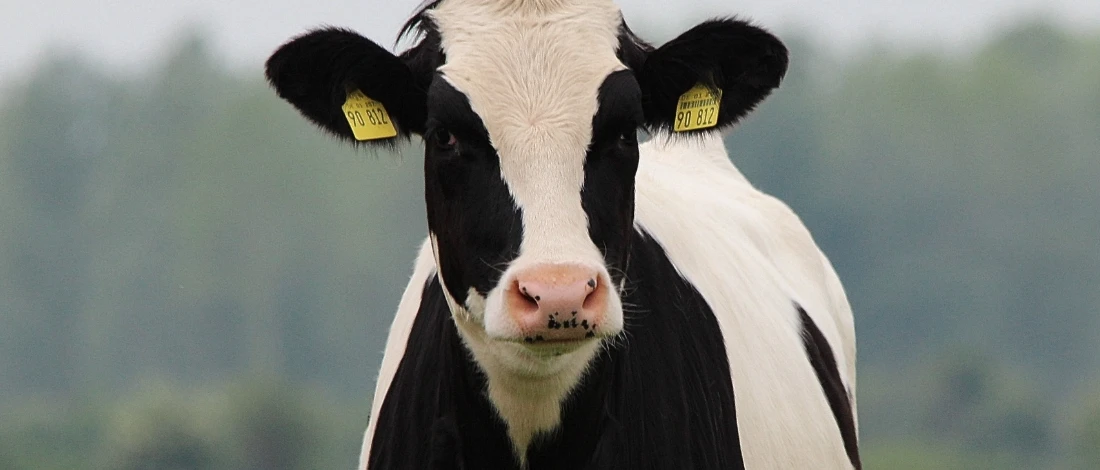A screwworm outbreak at the Santa Teresa cattle crossing is rippling through the border economy, costing jobs, and pushing beef prices higher.
The U.S. Department of Agriculture (USDA) shut down the crossing in May after the parasite was discovered in cattle in parts of Mexico.
Larry Guillen, owner of Zeus Lightning Logistics, a cattle trucking business in El Paso, shared the impact, saying he lost $175,000 in profit.
“That’s not just revenue—it’s capital, pure profit,” he explained. With 80% of his trucks sitting idle, Guillen had to lay off 150 drivers who once earned up to $2,500 a week.
In 2022, Santa Teresa represented 62% of all cattle and horse trade between the U.S. and Mexico, amounting to over $600 million, as reported by the New Mexico Partnership.
Guillen added, “I spent nearly $200,000 just to cover insurance for trucks that weren’t moving. After the closure in May, I couldn’t keep doing that.”
The shutdown is causing a ripple effect across various sectors, including ranches, auctioneers, distributors, and processors. Guillen pointed out that other industries simply can’t match the revenue cattle trade generates.
Amid growing concerns, Governor Greg Abbott announced that the USDA is investing $750 million to build a new facility to fight the screwworm and prevent further spread of the parasite.
You May Also Like: Beef Prices Surge Amid Supply Challenges: Will Consumers Keep Buying?


